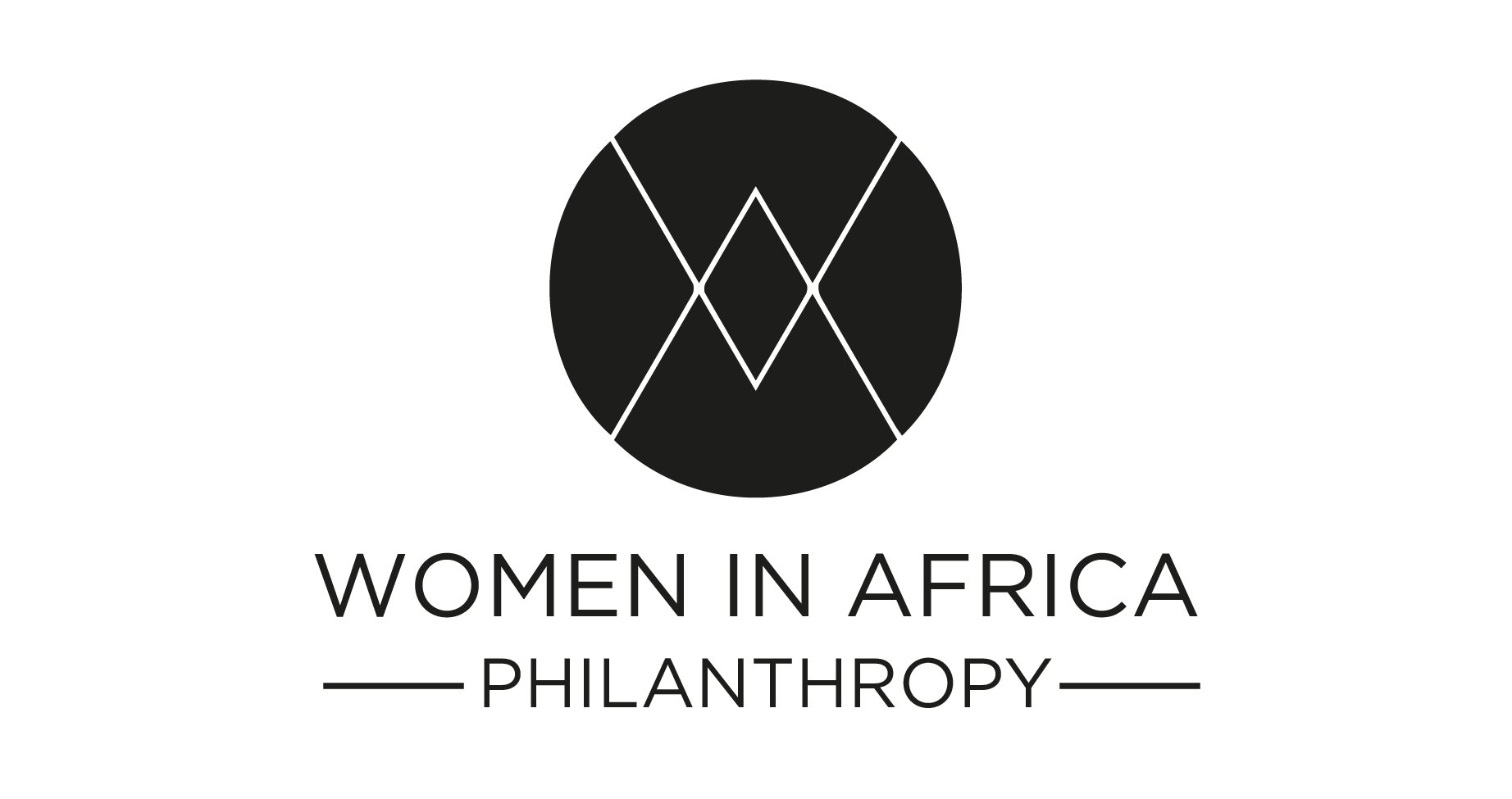Director of public partnerships at OCP International, also founder of the Think-tank Club 2030 Afrique, Khaled Igue wants to be a “hyphen” in the new Franco-African relations. A trained engineer, this pan-African, open to the world, is convinced that Africa can build its own models and meet the emergence challenges. He advocates «for African responses to the challenges of the continent». Among the targeted priorities, entrepreneurship while tomorrow Africa will have the largest number of entrepreneurs in the world.
Vous êtes un « pur produit africain » Khaled Igue ?
Je suis né et j’ai grandi au Bénin jusqu’à l’âge de 18 ans avant de partir étudier l’anglais au Ghana. Tenté par l’aventure américaine, je me suis retrouvé, par un concours de circonstances, à Paris où j’ai intégré une école préparatoire puis une école d’ingénieur, dont je suis sorti diplômé en 2008-2009. Pour la dernière année, je suis allé à Illinois Institute of Technology à Chicago, enfin le rêve américain ! Mais j’ai toujours eu à cœur de faire quelque chose, pour mon pays, mon continent. Acquérir une expertise et en faire bénéficier l’Afrique. Nos villages en premier lieu. Même si j’ai eu la chance de grandir à Cotonou, j’ai suivi mon père, agronome, dans ses déplacements dans les villages à travers le Bénin. J’ai donc été confronté aux questions de développement et je voulais y trouver des réponses, bâtir de nouveaux modèles.
Votre parcours est l’image des nouvelles relations franco-africaines. C’est ainsi que vous vous voyez “un train d’union” ?
J’ai commencé ma carrière professionnelle en travaillant à la fois en Europe (France, Finlande) et en Afrique (Niger, Maroc etc). Chez Areva notamment. Une expérience formatrice. J’ai travaillé sur de grands projets, dans le domaine de l’énergie, des centrales nucléaires, sur le développement de partenariats stratégiques… J’étais au cœur du problème. Il ne s’agissait pas seulement de construire, mais de comprendre les impacts économiques dans les environnements où les projets sont réalisés. Aujourd’hui encore chez OCP. On peut dire en effet que je suis un train d’union pour que l’avenir de nos deux continents s’inscrive dans un cadre de partenariat équilibré.

Is it for that reason you created the Think-tank CLUB 2030 Africa?
Club 2030 Afrique as Think Tank brings together African expertise (in Africa and also in Europe especially with African diasporas). The aim of Club 2030 Afrique is precisely to contribute to the development of public policies by accompanying concrete recommendations to African decision makers and all those interested in Africa. Our African models are sometimes pegged to Western concepts that do not necessarily correspond to local realities. After leaving Areva, to join Eurogroup, I thought about how to participate in the debate, without doing politics. For example, if there is a famine in an African country, if you send bags of rice, it will only solve the problem in the short term. The debate must focus on ways to avoid it, this is the role of the Club 2030 Afrique in accompanying African decision-makers and institutions in the production of innovative ideas. Why 2030? It is a target year, many African countries talk about emergence. Today, it does not work, because a project must have objectives, a target year, means, a deployment plan and must be validated by a consensus. To emerge, it is necessary to set up basic policies (education, health), good governance, etc.
Do you focus on African diasporas as “part of the solution”?
African leaders have realized today that the diaspora is part of the solution. What makes us not to be fully aware of the economic and social strength that we represent, is that we often ignore the impact we (diaspora) can have collectively on the development of the African continent. Recorded remittances were estimated at around $ 40 billion in 2016. In reality, their contributions to Africa’s development are well established. Indeed, transfers to the continent would account for 2.5% of GDP and 2.5 times the official development assistance of countries (OECD). As for Benin, it has 10 million inhabitants and 2 million outside. In addition, these 2 million Beninese in the diaspora have a power purchase 100 times higher than that of Beninese living in the country. It is time to show solidarity with our compatriots by helping to develop education, health, access to energy, agriculture and entrepreneurship. States alone can not solve all socio-economic problems in the short or medium term. Other forces and energies will be needed to remedy this.
You say 2030 is the target year, the largest number of entrepreneurs will be in Africa. Does the ecosystem that will see them flourish exist?
Today, you have 700 million Africans who are under 30 and 10 million young people who come on the labor market every year. Governments and institutions have reached their limits, they can no longer create jobs, so yes I believe that the 21st century in Africa is that of entrepreneurship. It is the company that will create jobs and the public good.

Among these future entrepreneurs of women, how to support them?
It is an issue at the heart of our reflection, because no nation in the world has developed without the work and strength of women. For example, at the agricultural level, customary law in many African countries de facto excludes women’s inheritance of land, which is absurd; they transform 80% of the products we consume on the continent. We need common sense to make progress. We need to encourage, invest and build the capacity of women to become entrepreneurs.
Is it the reason why you joined Women In Africa Initiative?
Yes, it is obvious to me as a man who unconditionally defends the normal and legitimate recognition of the role women play to join this initiative. This initiative is also exceptional because it provides a platform for women around the world. A space where African women can share their experiences with the rest of the world. Explain to the rest of the world how they manage to create economic empires despite the difficulties (a wink to Mama Benz) and learn how European women fight for equality.
You bring togther French-African expertise in your Club. In the same way, what is the point of connecting women entrepreneurs on the continent as WIA does?
The key to success for business success is network. The network allows you to have the right information at the right time and this at the business level, it is priceless. So it is essential that African women come together to share their experiences in order to be even stronger.
Founder of the Club 2030 Afrique think tank, Khaled Igue is also Director of Public Partnerships OCP International.
A trained Engineer, Khaled Igué is a energy, industrial and economic expert; He works with African institutions and governments to develop models for the economic and social emergence of the continent.
Club 2030 Afrique innovates in the field of ideas for sustainable economic and social development of African countries.
Khaled Igué joined the OCP Group as Director of Public and Institutional Partnerships for Africa after an experience at Eurogroup Consulting one of the European leaders in Strategy and Organization and significant experience at AREVA, one of the leaders in the energy industry.
Khaué Igué is Master’s degree in Public Affairs, Africa Potential gradudate from Sciences Po Paris, he is also Master’s degree in Economics graduate from the University of Paris I Pantheon Sorbonne, a Master’s degree in Civil Engineering graduate from National Institute of Applied Sciences of Strasbourg.
Khaled Igué is Young Leader (2017) of the AfricaFrance Foundation and Emerging Leader (2016) of the German Marshall Fund of the United States.
Khaled Igué est Young Leader (2017) de la Fondation AfricaFrance et Emerging Leader (2016) de la German Marshall Fund des Etats-Unis.
He has just been designated Young Global Leader by the World Economic Forum.
Trained in Benin, France and the United States before going to work at Areva, he has always worked between the two continents.

